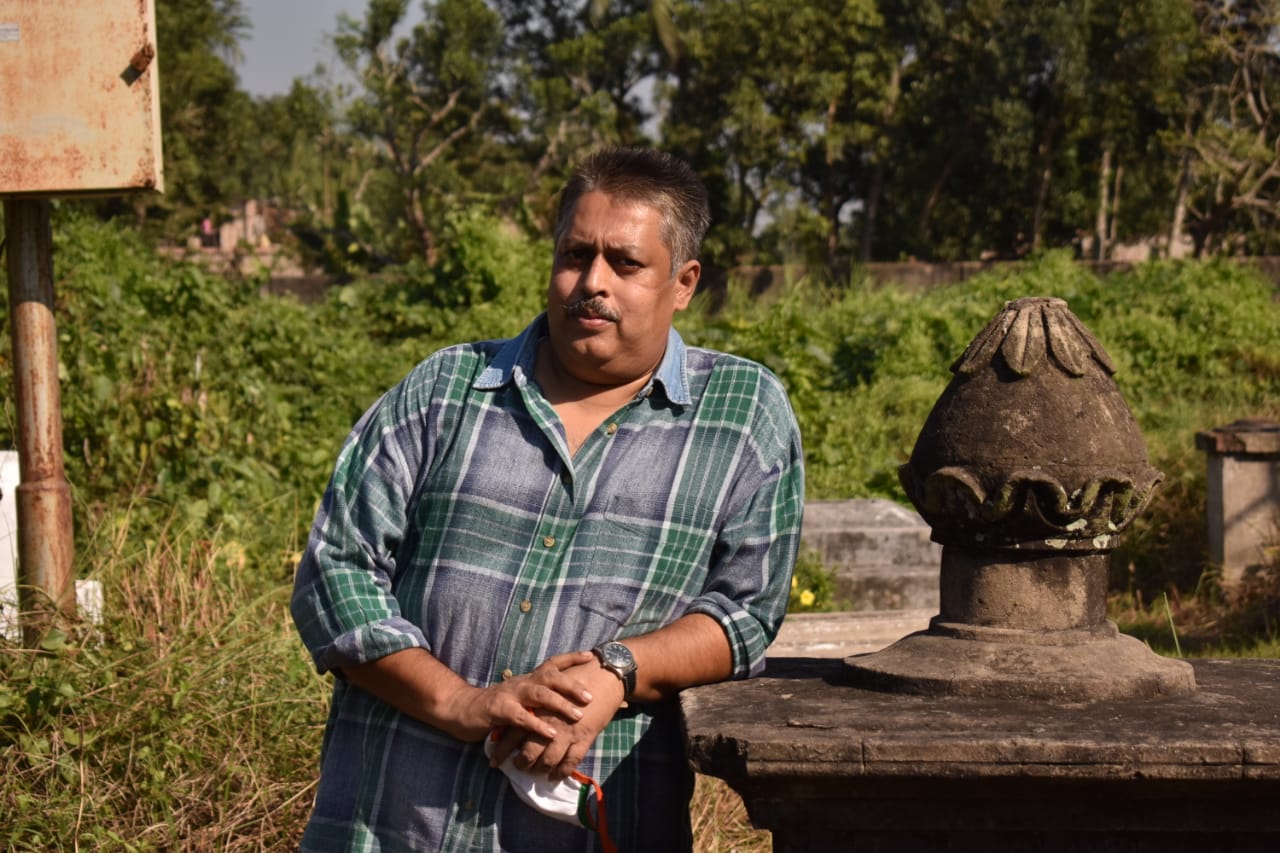India unlikely to commit on fossil fuel and methane cut at COP-28 summit
While the Union Environment Ministry remained tight-lipped on India’s strategies, the Ministry of External Affairs had earlier stated that New Delhi would carry forward its G20 agenda for the climate summit for the benefit of the global south.
